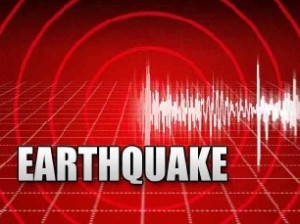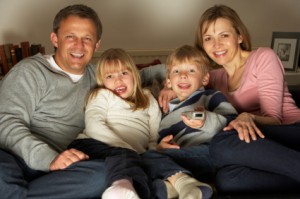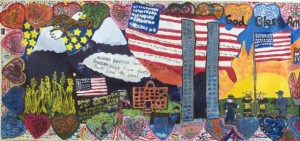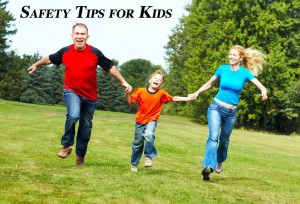Today we experienced an earthquake here in Anne Arundel County and this weekend it might be a hurricane. While the earthquake was not centered here, it was still strong enough that for many we were a bit scared, a especially for those of us who had never experienced one before. I thought it was ironic that I was having a meeting with a person from California – who was not phased by it at all.
But this is about our children who have in the past few months heard of disastrous earthquakes in Japan and Haiti, with all of the after effects, and who have no doubt heard of the unrest in the Middle East and will also now be reminded, by the media, about the happenings of 9/11 as well as hearing about the hurricane coming. Many of these children will feel stressed and anxious by all of these reports as they try to figure out how they will be affected and asking themselves what if it happens to me questions. The question we must deal with as parents is what and how to deal with these sorts of circumstances. Sticking with our normal routines as best that we can and being careful of our own reactions, shock / fear / anger as our children will reflect the parents feelings and attitude and exagerate it while they apply it to themselves.
As parents and teachers we also do not want to ignore what is happening, especially of school aged children, because even if you do not bring it up, they will hear about it at school. If the children are frightened by the images they see or stories they hear, we do not want them to keep those feelings bottled up inside. On the other hand though we want to answer the questions they ask, appropriately for their age, without going further than what they are concerned about at the time. If the subject is not coming up from them, we may choose to bring it up and ask them what they have heard or believe is happening. Depending on the age and personality of the child, we can emphasize the work being done by others to help the victims of natural disaster and focus on what we might be able to do to assist others. This can become a great teaching moment, in empathy, global responsibility and service to others.
Sometimes too children can confuse the happenings in a movie with reality and begin to fantasize about the results of a disaster. Limiting the amount of television is always a good idea and  watching and talking with them are two good ways of being sure you are there for them in the case that they do become anxious about these disasters. Explaining to them about the progress science has made in modern times and allowing them to be a part of the solution by supporting world relief organizations is good for them too. Reassuring them that you as their parent or guardian will be there to protect them and care for them is important for any child, but especially children who may be particularly susceptible to experiencing worry, anxiety and stress.
watching and talking with them are two good ways of being sure you are there for them in the case that they do become anxious about these disasters. Explaining to them about the progress science has made in modern times and allowing them to be a part of the solution by supporting world relief organizations is good for them too. Reassuring them that you as their parent or guardian will be there to protect them and care for them is important for any child, but especially children who may be particularly susceptible to experiencing worry, anxiety and stress.
For more information about talking to your child about the anniversary of 9/11 I found this article quite informative and I would like to share it with you.


